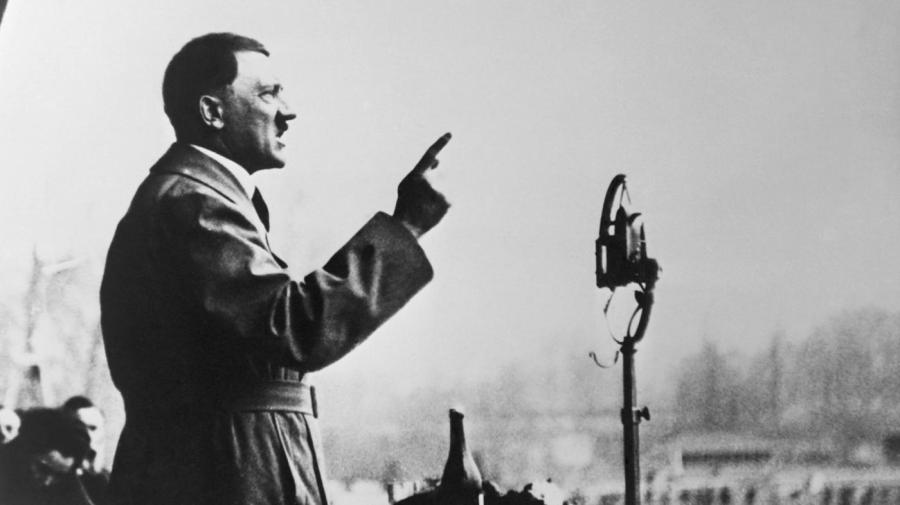What Is a Dictatorship?

A dictatorship is a system of government in which a single person or party has complete political power; the dictator often maintains power by employing oppressive methods. Dictatorship is an old form of government with origins in ancient Rome. Dictators often ascend to power through democratic means but use their authority to subvert constitutional safeguards.
According to Political Systems, a dictatorship is characterized by the rule of a dictator and the presence of a single dominant party. Examples include Hitler and the Nazi Party in Germany, Stalin and the Communist Party in Russia and Benito Mussolini and the National Fascist Party in Italy. Once dictators are in office, they use unlawful methods to cement themselves and their party in power. They imprison, exile or assassinate political opponents, change the constitution and manipulate the press. In a dictatorship, the ruling party is closely aligned with the military and the dictator is often seen as a high general. This is in contrast to modern democracies, in which leaders distance themselves from the military and the law subordinates the armed forces to civilian control.
The term “dictator” and the concept come from ancient Rome. Originally, a dictator was an incumbent of a political office endowed by the Senate with strong emergency powers to deal with major threats. The dictator did not have unlimited or arbitrary power. The period of his dictatorship was circumscribed and he was expected to render justification for all of his actions following his period of service.





